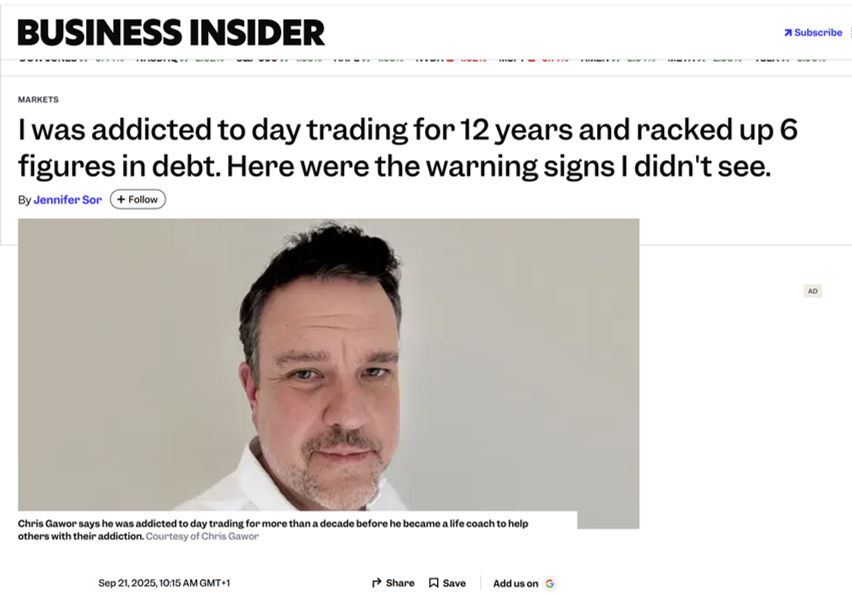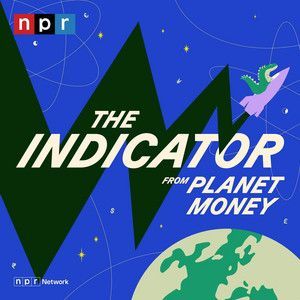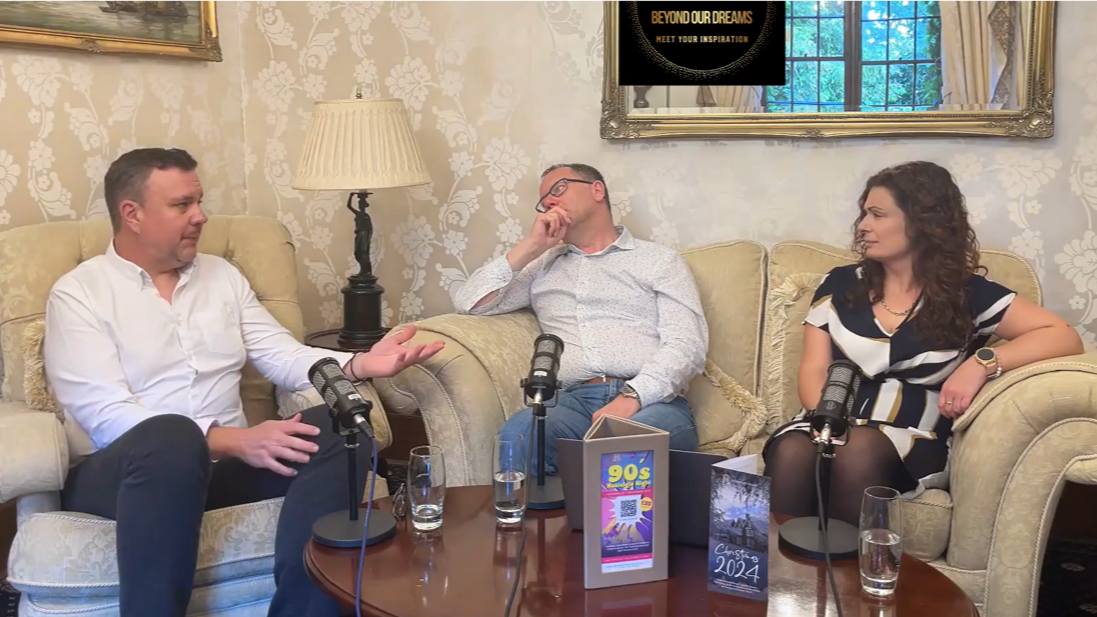I had a gambling addiction for 12 years… yet you may not be aware it’s gambling.
I started trading the stock market as a hobby 12 years ago.
I saw trading as an intellectual challenge, focusing on day trading or short term trading on the stock market market initially. I spent hours at home in online forums and teaching myself technical analysis (stock price trends and chart patterns).
I went through several cycles of accumulating profits and losses before it became all consuming. I started to lose control of my ability to evaluate the level of risk I was taking. And stop.
The highs and lows were like a drug. I felt I could beat the stock market if I kept going. At its height, I was regularly trading tens of thousands of pounds every day, including whilst at work.
This resulted in accumulating massive debt on credit cards and emptying accounts that me and my wife were using to save.
I would make the losses back. Clear the debt. Make significant profit again. Then repeat the cycle.
I pushed the debt, taking out more credit cards and maxing them out to their limits.
At one point I was using 14 credit cards for gambling.
Then, I ran out of options. I reached breaking point both mentally and financially.
The unrelenting pressure of the debt affected every aspect of my life. I was not fully present at work or at home. I wasn’t sleeping and was drinking more alcohol to cope. My mental and physical health suffered whilst keeping the extent of what I was doing secret from those around me.
Dopamine & gambling addiction.
Incredibly I didn’t think I had a problem. Certainly not a gambling addiction despite being willing to risk everything chasing wins.
But as the realisation started to settle in that I was displaying addictive behaviours, I was afraid to confront it. I was ashamed.
The truth is, what I was calling a hobby, was triggering all the same hormonal responses that typical addiction does, especially the cycles associated with gambling.
Just the idea of winning, of placing a trade, as well as the actual winning releases dopamine. The addictive behaviour starts when this weakens our reward response over time, meaning we need more wins and potential wins to get the hit. Sound familiar?
Its only now that this particular type of addiction is getting press. Crassly named the ‘middle class gambling addiction’ more people are getting hooked on day trading including crypto currency trading, in a similar way that people get hooked on online betting and casinos.
It was this realisation that drove me to the lowest point in my life.
I was a gambling addict.
Road to recovery.
With the support of my wife, family and friends I’ve now been gambling free for 18 months.
Admitting to myself that I had a problem was hard enough, admitting to my wife that I had lost everything and lied to her was a devastating moment for us both.
The first few months of recovery were full of guilt and self-recrimination. The reality of where the addiction had taken me had started to hit home.
It took 9 months to unwire my brain from the addiction which had rooted itself in me for 12 years.
As well as the unlimited support from my wife and family, I also reached out to GamCare (gambling addiction support charity) and Gamblers Anonymous (community support network).
GamCare provided me with access to free counselling with a trained counsellor. The counsellor had been a previous gambling addict and had a similar story to myself. It was a huge support and the first steps in the process to recovery.
Gamblers Anonymous, which I still regularly attend, is a community of people from all walks of life sharing their lived experience of problem compulsive gambling. The process of listening to other individuals’ stories of addiction to online casinos, live sports betting, horse racing, slot machines, Crypto and financial trading has helped me discover that I am not alone.
As part of my personal process of recovery, I have completed educational courses in Addiction Awareness and Mental Health Advocacy. I have a greater understanding of the behaviours and causes behind gambling and addiction. And I’m now determined to use my personal experience to help others.
85% of businesses in the UK have an alcohol and substance misuse policy.
Yet less than 5% have a policy for gambling.
Though my own lived experience, I’ve researched gambling through the eyes of both an employee who gambles and an employer.
Despite a focus on wellbeing and mental health in most businesses, gambling is a genuine blind spot.
Post lockdown, the numbers of those with gambling addictions is increasing.
- 1 in 10 people are impacted by problem gambling
- 50% of adults have gambled in the last year
- 28% of gamblers who are employed would prefer to keep the extent of their gambling hidden from colleagues.
We have a problem.
These stats prove that the chances are high that someone in your workplace is struggling with a problem gambling addiction.
Aside from wellbeing – the impact on business performance is significant. Distracted employees in high-risk roles – such as high level decision making or working safely, can put a business at a huge risk.
So I launched Project Wellbeing to help businesses fill the gambling awareness blind spot in their wellbeing and HR activities.
I will be offering services that support policy development, training/workshops for awareness and education, and connecting employees to the right programmes.
Often described as a hidden addiction, problem gambling may go unnoticed for years. It is important to break the shame and stigma around gambling.
I’ve seen the devastating effects that a gambling addiction can have. Gambling related suicide is on rise.
Thankfully I have come out the other side.
If you’d like to know more about how I can support awareness in your business get in touch.
Sources: NHS Health Survey 2021, National Statistics / Reed in Partnership, Policy Research



